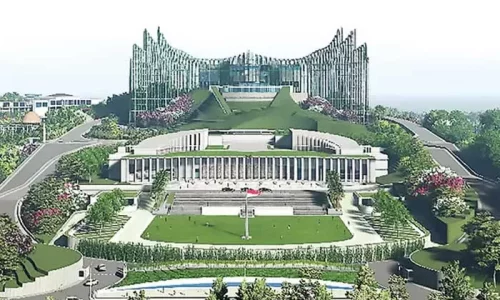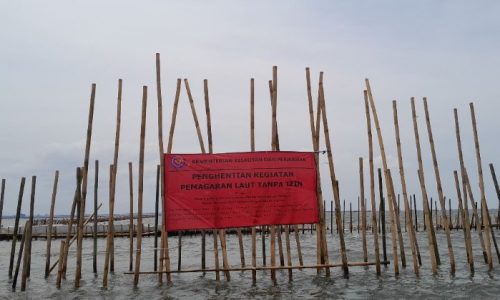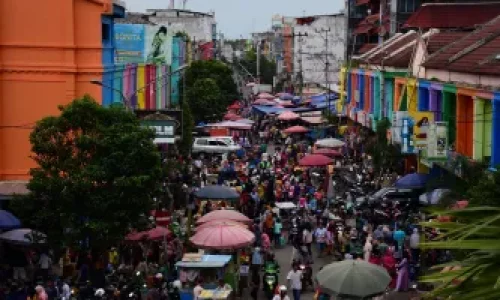The Constitutional Court of Indonesia has partially granted a petition to review an article of Law No. 7 of 2017 concerning General Elections (Election Law), which governs the age requirement for presidential and vice-presidential candidates. The petition was registered with case number 90/PUU-XXI/2023 by Almas Tsaqibbirru Re A on August 3, 2023.
While the petitioner did not explicitly request a change in the age requirement for presidential candidates, they suggested that the court alternatively interpret the law to include a clause about having experience as a regional head.
The petitioner’s argument primarily focused on voters’ rights, asserting that the law should not restrict voters from choosing candidates they believe to be qualified. The aim of this lawsuit was to ensure that citizens who possess the right to vote can select presidential and vice-presidential candidates with proven records in regional development.
In the court’s consideration, read by Justice M. Guntur Hamzah, it was stated that the panel of judges decided to accept a part of the petition. Additionally, it was determined that the petitioner had a constitutional right to add a phrase to Article 169(q) of the Law on Elections, which states that presidential and vice-presidential candidates must be “at least 40 years old or have held a position chosen through general elections, including regional heads.”
Justice Guntur emphasized the importance of this clarification to avoid any ambiguity in applying the relevant articles and to establish the minimum age requirements for presidential and vice-presidential candidates, as stipulated in the court’s decision.
The latest ruling also has implications for earlier decisions related to the same issue. Previously, the Constitutional Court had rejected petitions filed by the Indonesian Solidarity Party, Garuda Party, and Gerindra Party.
In response to this, Chief Justice Anwar Usman outlined three key conclusions. First, he noted that the court had the authority to adjudicate the request in question. Second, he affirmed the petitioner’s legal standing to submit the request. Third, he stated that the petitioner’s request had legal justification in part.
Consequently, Chief Justice Anwar Usman announced that the court had partially granted the petitioner’s request.
Furthermore, in the second part of the ruling, Anwar stated that Article 169(q) of the 2017 Law on General Elections, which specified that presidential and vice-presidential candidates must be “at least 40 years old,” was inconsistent with the law, as long as it is not interpreted as candidates being “at least 40 years old or have held a position chosen through general elections, including regional leaders.” This addition effectively revises the text of the law.
Anwar ordered the publication of this decision in the State Gazette of the Republic of Indonesia. Meanwhile, the court’s decision received differing opinions, including a concurring opinion from two judges, Enny Nurbaningsih and Daniel Yusmic P. Foekh. Additionally, four judges provided dissenting opinions, including Saldi Isra, H. Wahiduddin Adams, Arief Hidayat, and Suhartoyo.









